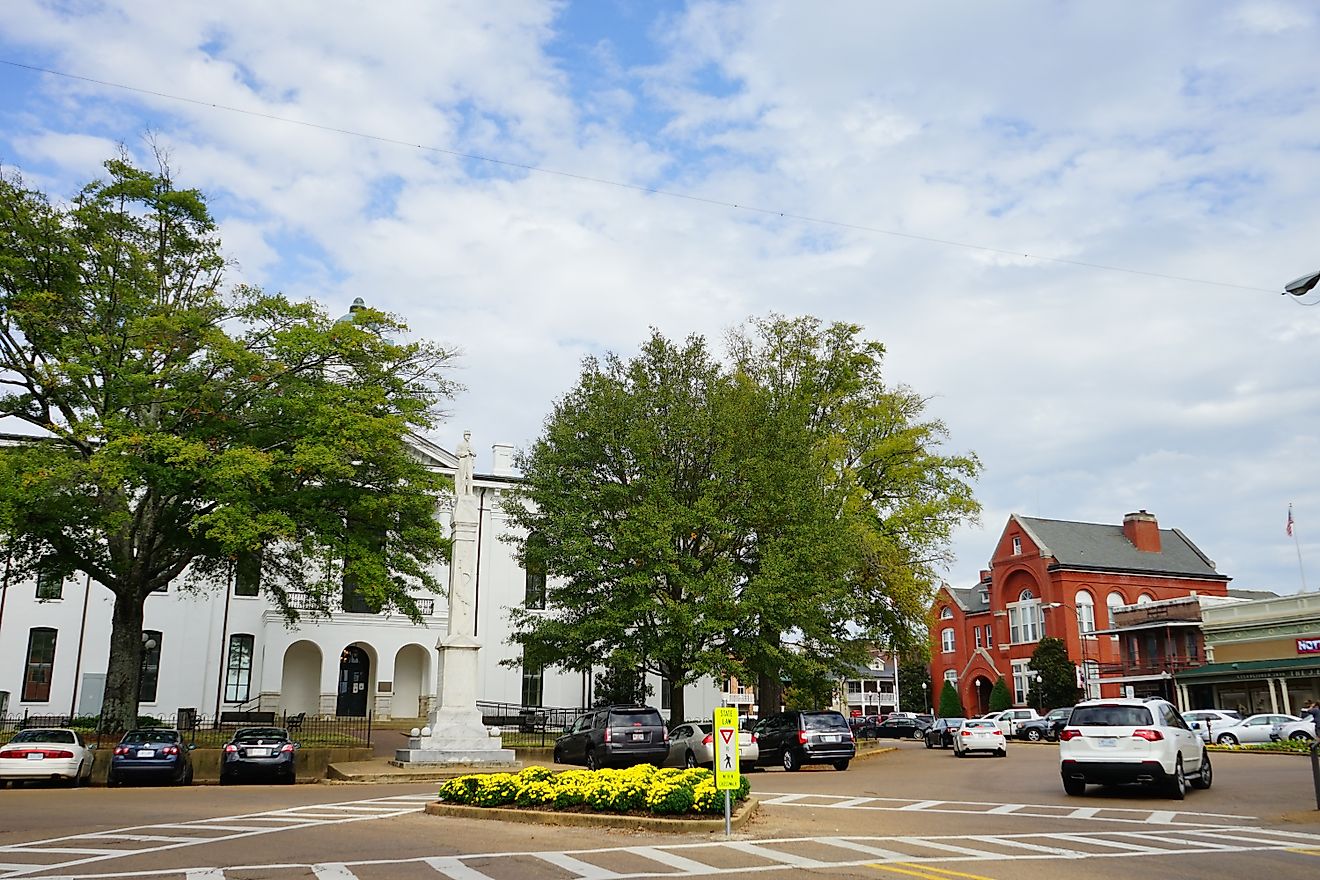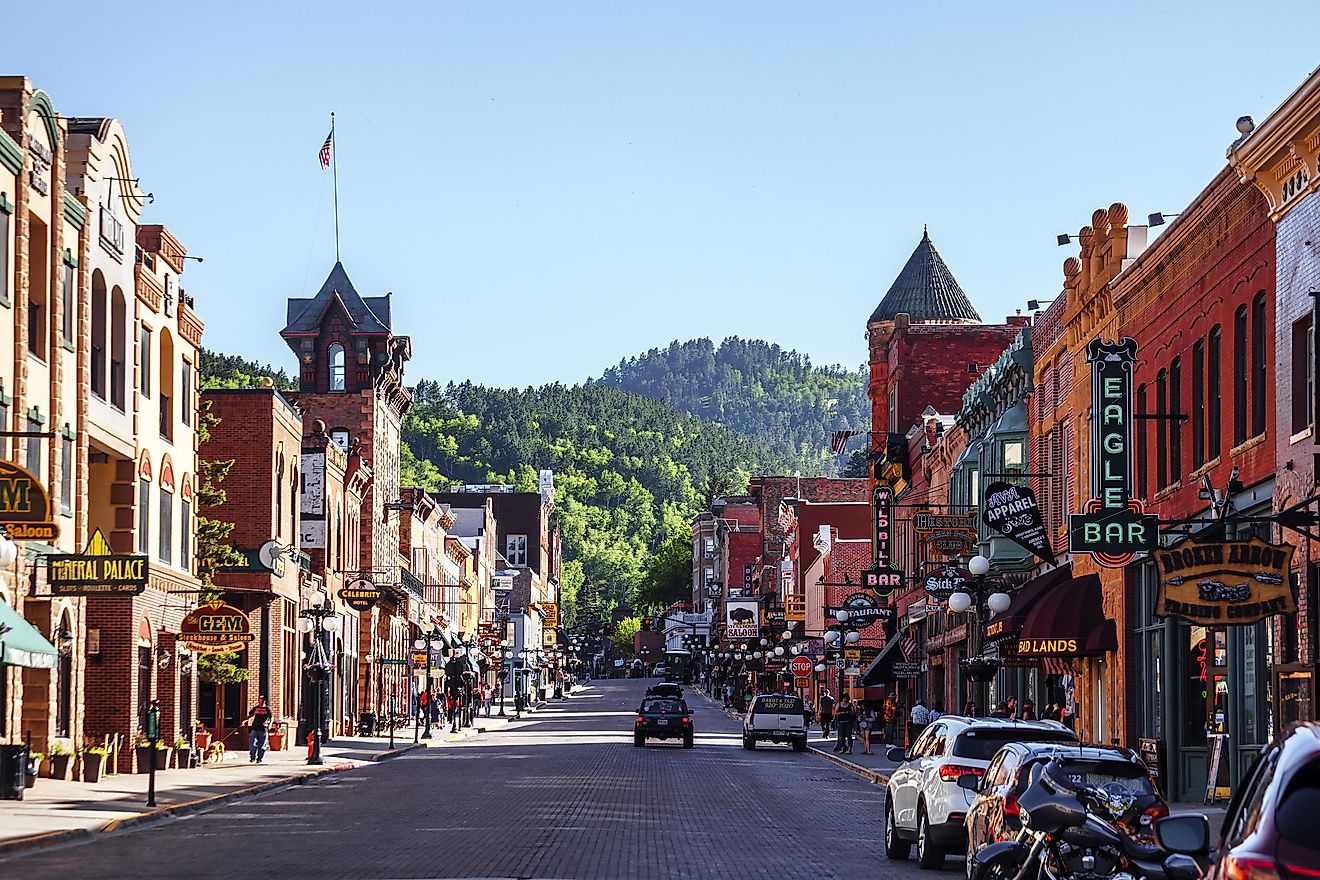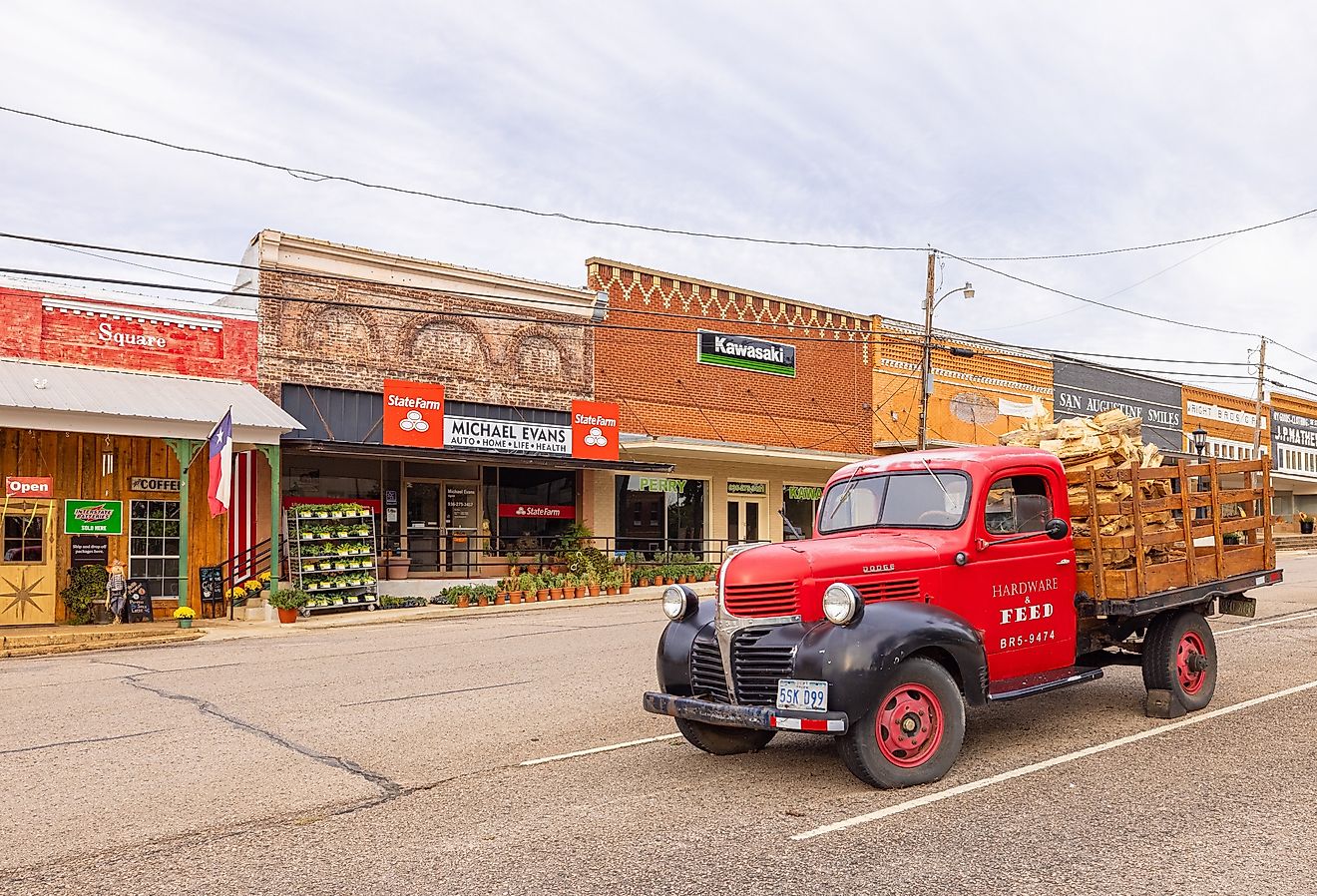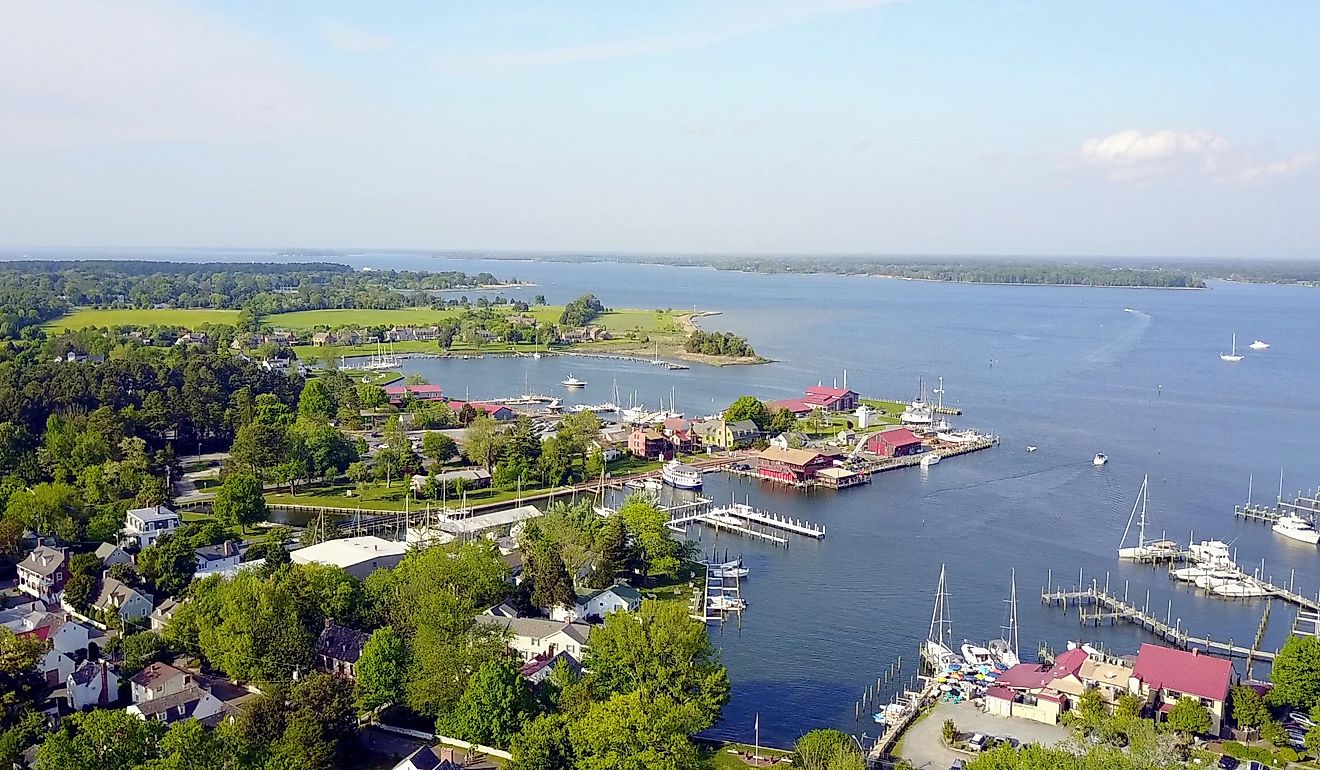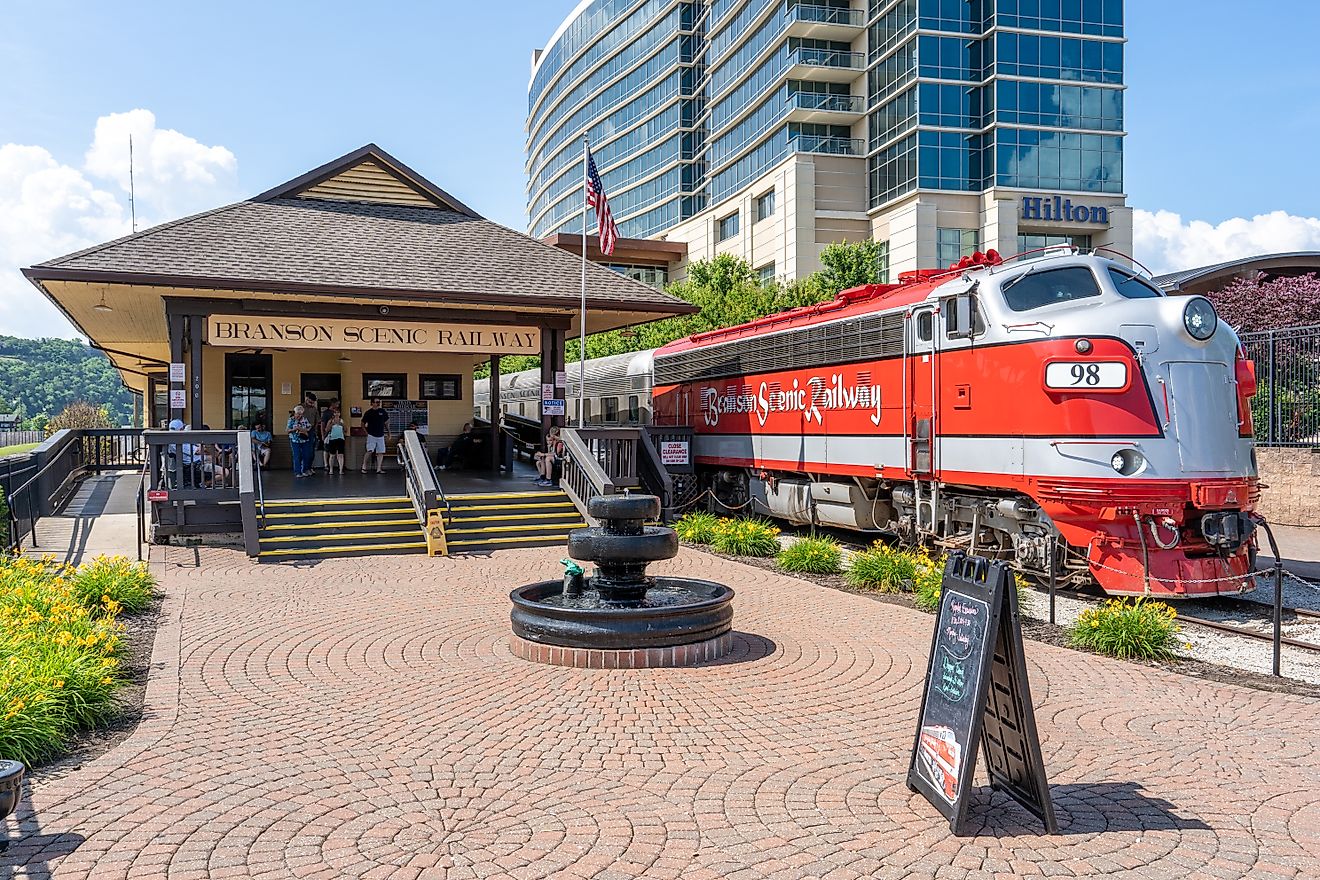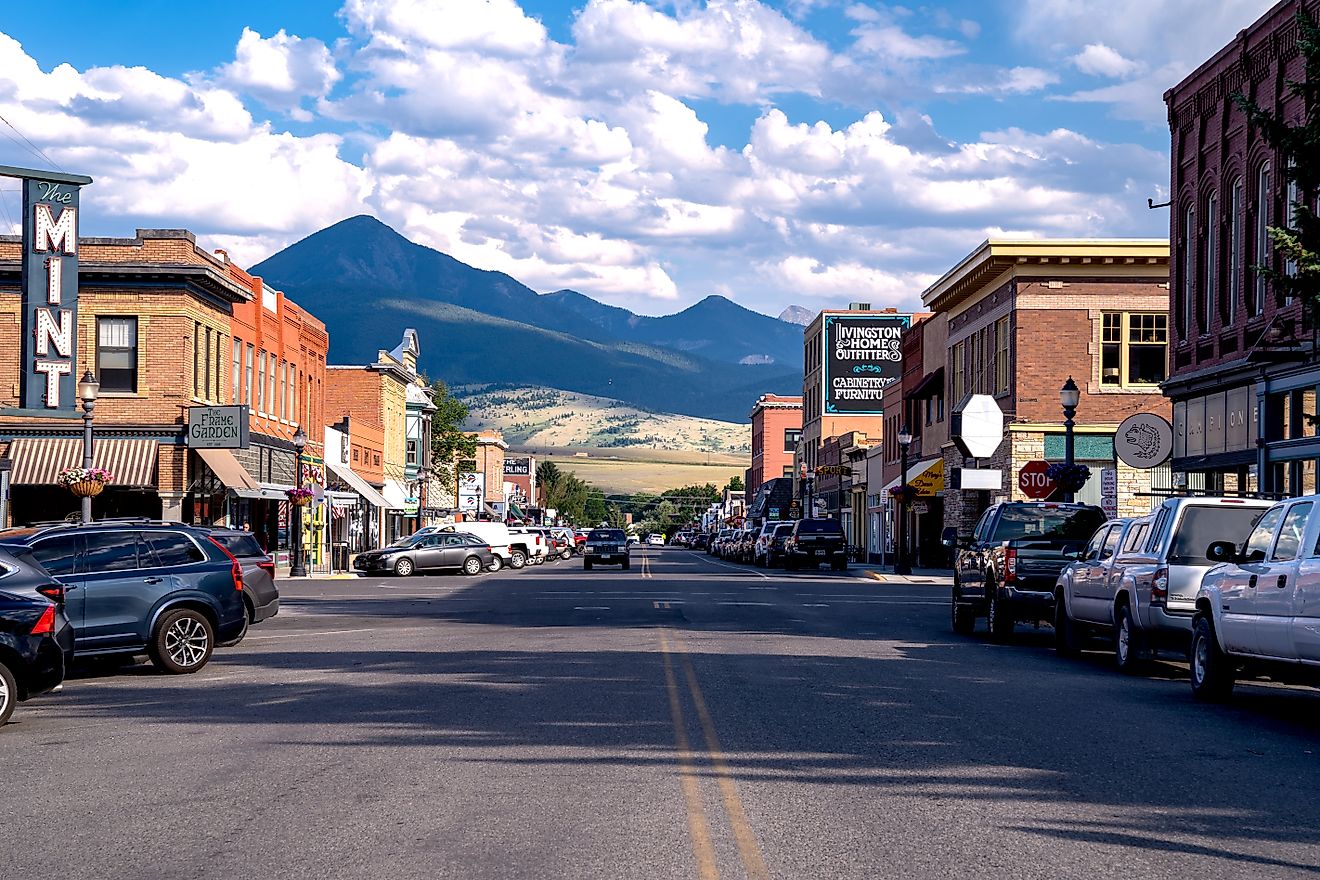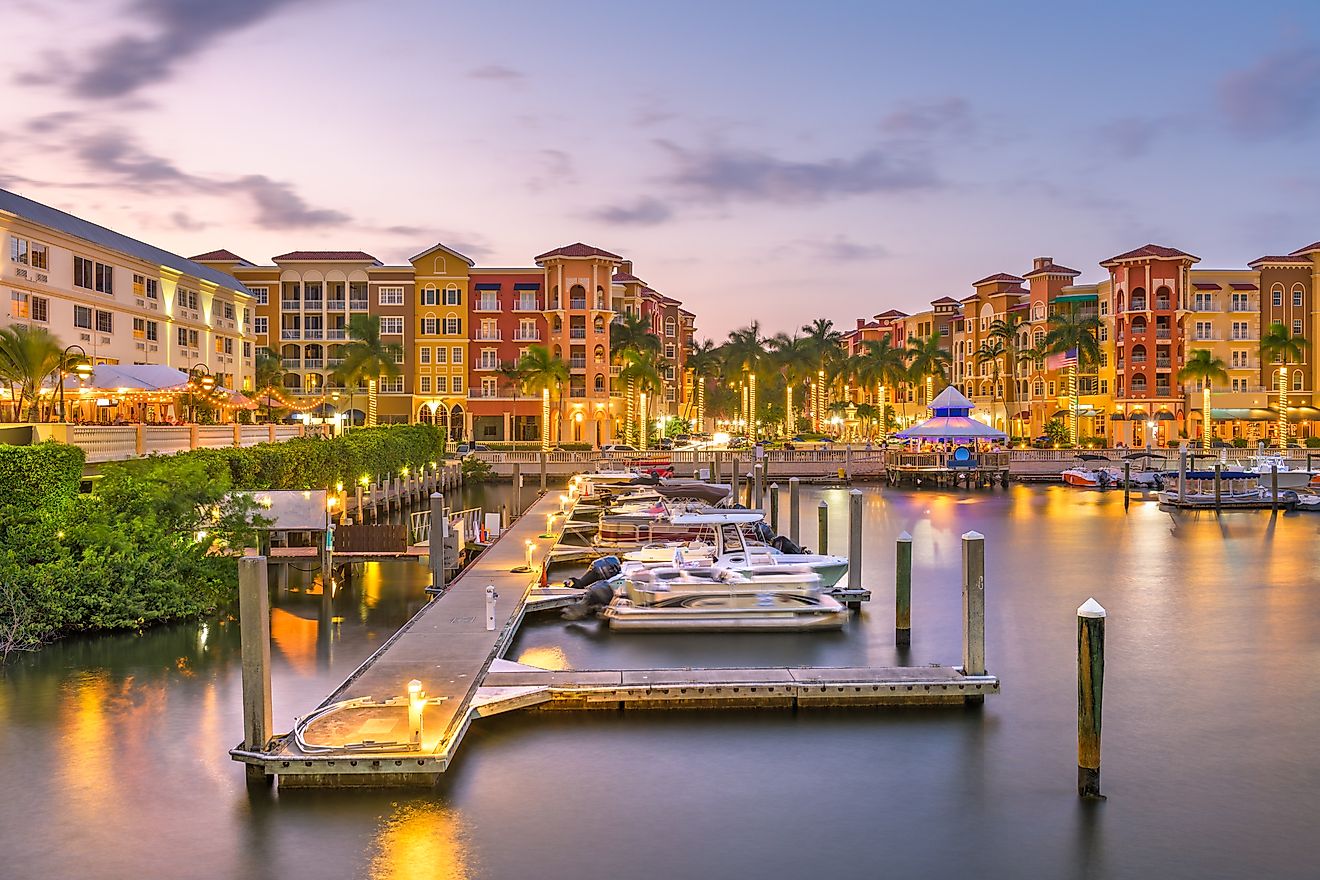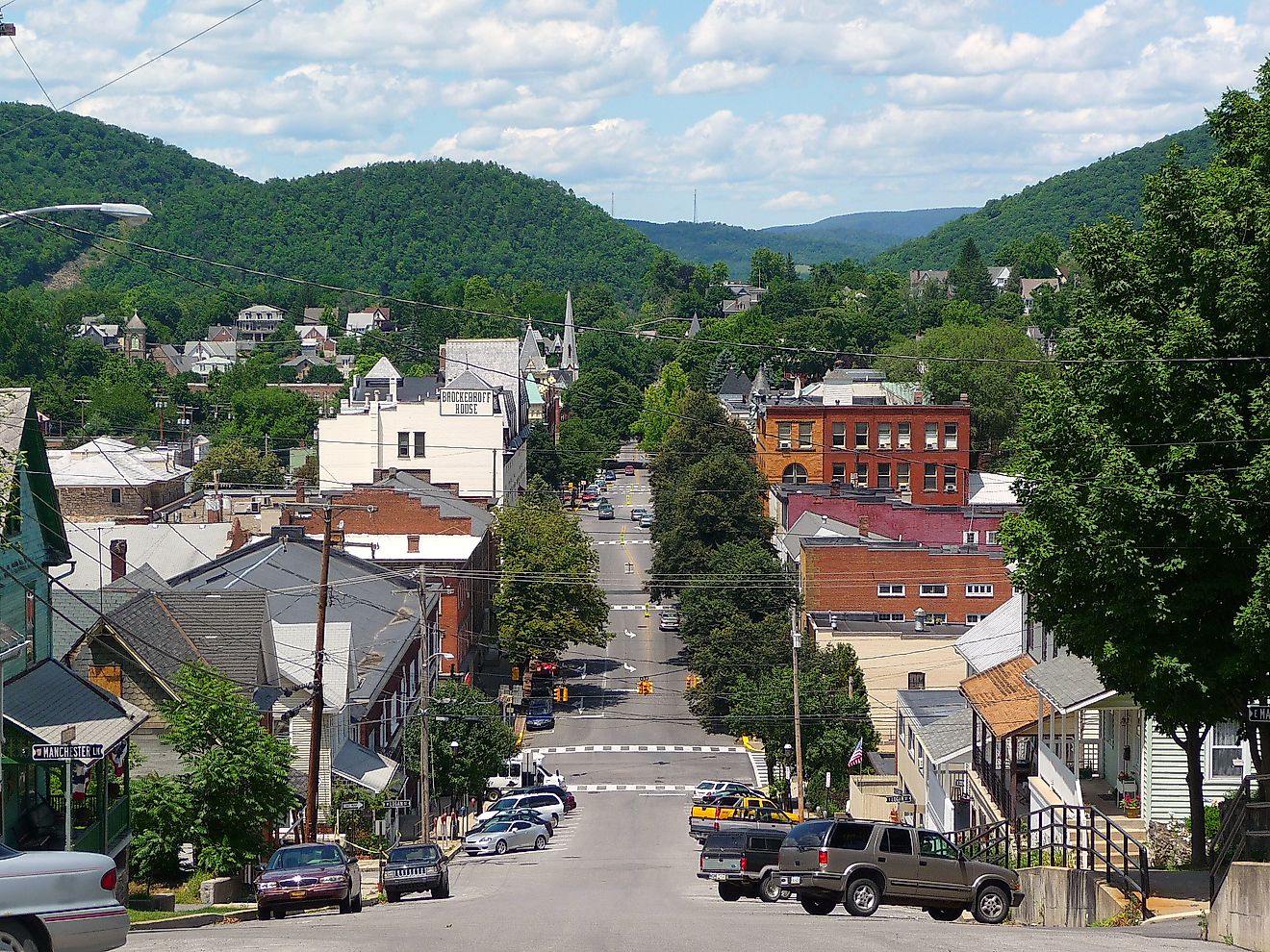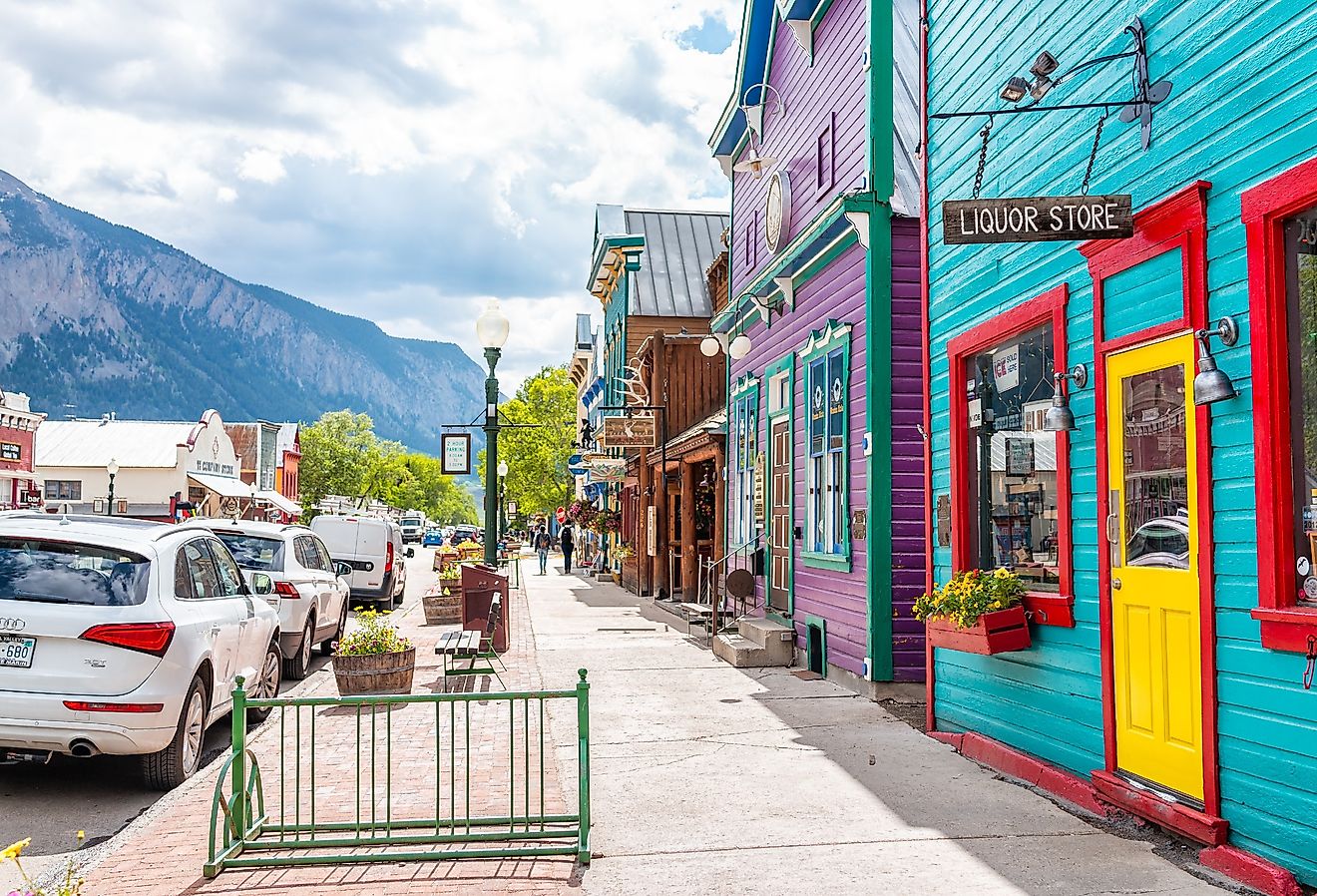
Discover The 7 Largest Cities In Ohio
Ohio, the "Buckeye State," rich in history and natural beauty, has undergone a remarkable transformation since its Native American beginnings in the 1650s. Once a British colony after the French and Indian War, Ohio saw its true economic boom post-Civil War, becoming a magnet for European migrants drawn by its agricultural potential. It was a land of opportunity for servicemen and veterans, thanks to generous land bounties. One of the first American states to abolish slavery for being part of the Northwest Territory, the success and economic prosperity of the largest cities in Ohio can also be attributed to its diverse population of settlers. Named after the majestic Ohio River, this state boasts an abundance of Buckeye Trees and Aesculus Glabra, hence its moniker. It is not only a land of natural beauty but also the birthplace of many presidents, with seven of them hailing from Ohio, including James A. Garfield and Benjamin Harrison. Fast-forward to 2022, and Ohio has evolved into a significant player in the food and automotive manufacturing industries while maintaining its roots in agriculture. The state has also become a prominent education hub, cementing its place in the modern world.
Columbus

Named after the famous Italian explorer famed for discovering the “New World,” Columbus’ founding history dates back to 1812 and was officially declared a city in 1816. It is the capital of Ohio and is renowned for its extensive range of museums and cultural centers. The Columbus Museum Of Art, the Center of Science and Industry, and Topiary Park are some of the city’s main attractions, along with the Columbus Zoo and Aquarium. With a staggering population of 907,971, Columbus also attracts thousands of students annually for its high-ranking, globally esteemed universities. Ohio State University in Columbus tops the list of higher educational institutions in the state, ranking 43rd among national universities. For the best experience visiting Columbus, plan to stay downtown near the city’s museums and markets and visit during the spring to catch the city in its most vibrant season, complete with local events and festivals. Notable events include the March Arnold Sports Festival and the May COSI Science Festival.
Cleveland

Ohio’s second-largest city is Cleveland, a city with a founding history that dates back to 1796 which has historical significance by being a major manufacturing hub. The city’s convenient geographical location near major canals and railroads, such as the Erie and Ohio Canal. In 2022, Cleveland recorded a population total of 361,607 and continues to attract new residents for its booming healthcare sector, thriving small business and entrepreneurial scene. It is globally recognized as the birthplace of Rock and Roll, with the Rock and Roll Hall of Fame being one of its main tourist attractions. The Cleveland Museum of Art, Cleveland Botanical Gardens, and the Cleveland Orchestra are a few of the many must-see activities in the city. Case Western University is the city’s top-ranking educational institution known for its engineering and biomedical programs. Visit the historic Old Arcade Shopping Center, go downtown mural spotting, and grab a bite at Westside Market when visiting Cleveland. It’s important to note that Cleveland is also one of the snowiest cities in America, so unless you are not bothered by walking around in a few centimeters of snow, it is best to visit in the spring or summer!
Cincinnati

The third largest city in Ohio and the seat of Hamilton County, Cincinnati was one of the Ohio cities inhabited long before European settlements by the Shawnee people. Despite being one of the most popular cities in Ohio in the 21st century, its peak population was in 1950, with over 504,000, following a decline due to the development of nearby communities and suburbs. The city’s rapid growth can be attributed to the massive influx of Irish and German settlers before the American Civil War in 1861. Economies in Cincinnati today include food production, transportation equipment, pharmaceuticals, and more. The population of Cincinnati in 2022 was 309,513, with a high percentage of its population living around the Westwood and Clifton University and Fairview Areas. Locals take pride in their sports teams, like the Cincinnati Reds baseball team, the Cincinnati Bengals football club, and Paycor Stadium, which holds a capacity of 65,515 people. As Ohio’s third largest city, Cincinnati has many important landmarks and non-profit tourist attractions, like the Cincinnati Museum Center at Union Terminal, the Cincinnati Art Museum and Fountain Square, and the John A. Roebling Suspension Bridge. The University of Cincinnati, Cincinnati State Technical Community College, and Cincinnati Christian University are a few of the many educational institutions in the area.
Toledo

During the European settlement, Toledo was inhabited by French tradesmen who leveraged the community’s convenient location at the southern end of Maumee Bay to exploit the booming fur trade. Founded in 1833, Toledo was initially incorporated as part of the Michigan Territory and refounded after the Toledo War between Michigan and Ohio. Toledo was one of the slower major cities of Ohio to develop, with its economic upswing happening in the last half of the 19th century with the development of railroad systems as a more efficient alternative to the narrow canals. In 2022, Toledo recorded a population total of 266,301, with the most populated neighborhoods being Reynolds Corners, East Toledo, and South Side. Although the city has developed a reputation as a manufacturing hub for the automotive industry for being home to companies like General Motors, Dana, and Stellantis, it is also an artistic hub for creatives. Toledo’s art and performing scene includes Valentine Theatre, Collingwood Arts Center, Toledo Museum of Art, and Toledo Artists Club gallery. The University of Toledo is the city’s main educational institution, raked 280th amongst national universities according to the US World and News Report.
Akron

Akron’s humble beginnings started as a canal town on the Ohio and Erie Canalway in 1825 and developed into a significant rubber manufacturer under Benjamin Franklin’s entrepreneurship. The fifth largest city in Ohio also holds the title of being the birthplace of the trucking industry due to being the home to several of America’s major tire manufacturers such as Goodyear, and Bridgestone. Today, the city is primarily known for its leading research center for polymer development and science, along with its popular soap Box Derby. Offering a much calmer and laid-back atmosphere than other major cities in Ohio, Akron is also a popular college city for its the University of Akron, the College of Business of Akron University, and Herzing University. Tourist attractions in the city include the Stan Hywet Hall & Gardens built by the manufacturers of Goodyear Tire Company, the Akron Zoo, Akron Civic Center, the architecturally abstract Akron Art Museum, and the Cummings Center for the History of Psychology.
Dayton

Dayton is the birthplace of aviation due to being the hometown of the Wright brothers and has roots in being one of the oldest cities on this list of largest cities in Ohio. Opening its settlement history in 1795, Dayton was a town developed by Revolutionary War veterans, including Jonathan Dayton from New Jersey, whom the town is named after. From a small community to a significant agricultural distribution center and a hub of fertile farmlands, Dayton today enjoys over 13 million acres of farmland. Used to grow principal crops like soybeans, wheat, hay, etc. With a 2022 population of 135,944, Dayton is also home to significant American cultural attractions such as the National Museum of the US Air Force, America’s Packard Museum dedicated to showcasing American Automotive history, and the Dayton Aviation Heritage National Historical Park. The Carillon Historical Park is yet another important tourist attraction in the area, spanning over 65 acres and featuring monuments and buildings that depict the nation’s industrial and manufacturing history.
Parma

The city of Parma was known as Greenbriar until 1862 and is a suburb of Cleveland ad that was settled by New Englanders in 1816. Parma witnessed economic prosperity after World War II with manufacturers in the automotive industry, such as the General Motors Chevrolet Plant built in 1950. The city’s population tripled from 28,000 in 1950 to 82,000 by 1960, giving it the title of being one of the fastest-growing cities in America. The city has nearly 50 churches, and other religious places of worship, with its most famous being the Ukrainian Golden Dome Catholic Cathedral. In 2022, Parma recorded a population of 79,358, with the majority of its population residing in the area of its proximity of 9.6 miles to downtown Clevland, attracting workers, students, and families seeking a calmer environment and affordable homes.
Ultimately, Ohio has birthed some of the most impactful American industries and personalities and continues to grow as a state of vast industrial innovation. While many venture out to the small towns of Ohio for their distinctive atmospheres and different vibes, the largest cities in Ohio are also alluring, especially for those looking to learn more about American history and domestic industries.
| Geographic Area | 2022 Population |
|---|---|
| 1- Columbus, Ohio | 907,971 |
| 2- Cleveland, Ohio | 361,607 |
| 3- Cincinnati, Ohio | 309,513 |
| 4- Toledo, Ohio | 266,301 |
| 5- Akron, Ohio | 188,509 |
| 6- Dayton, Ohio | 135,944 |
| 7- Parma, Ohio | 79,358 |
| 8- Canton, Ohio | 69,671 |
| 9- Lorain, Ohio | 65,365 |
| 10- Hamilton, Ohio | 62,937 |
| 11- Youngstown, Ohio | 59,144 |
| 12- Springfield, Ohio | 58,106 |
| 13- Kettering, Ohio | 57,027 |
| 14- Elyria, Ohio | 52,908 |
| 15- Cuyahoga Falls, Ohio | 50,655 |
